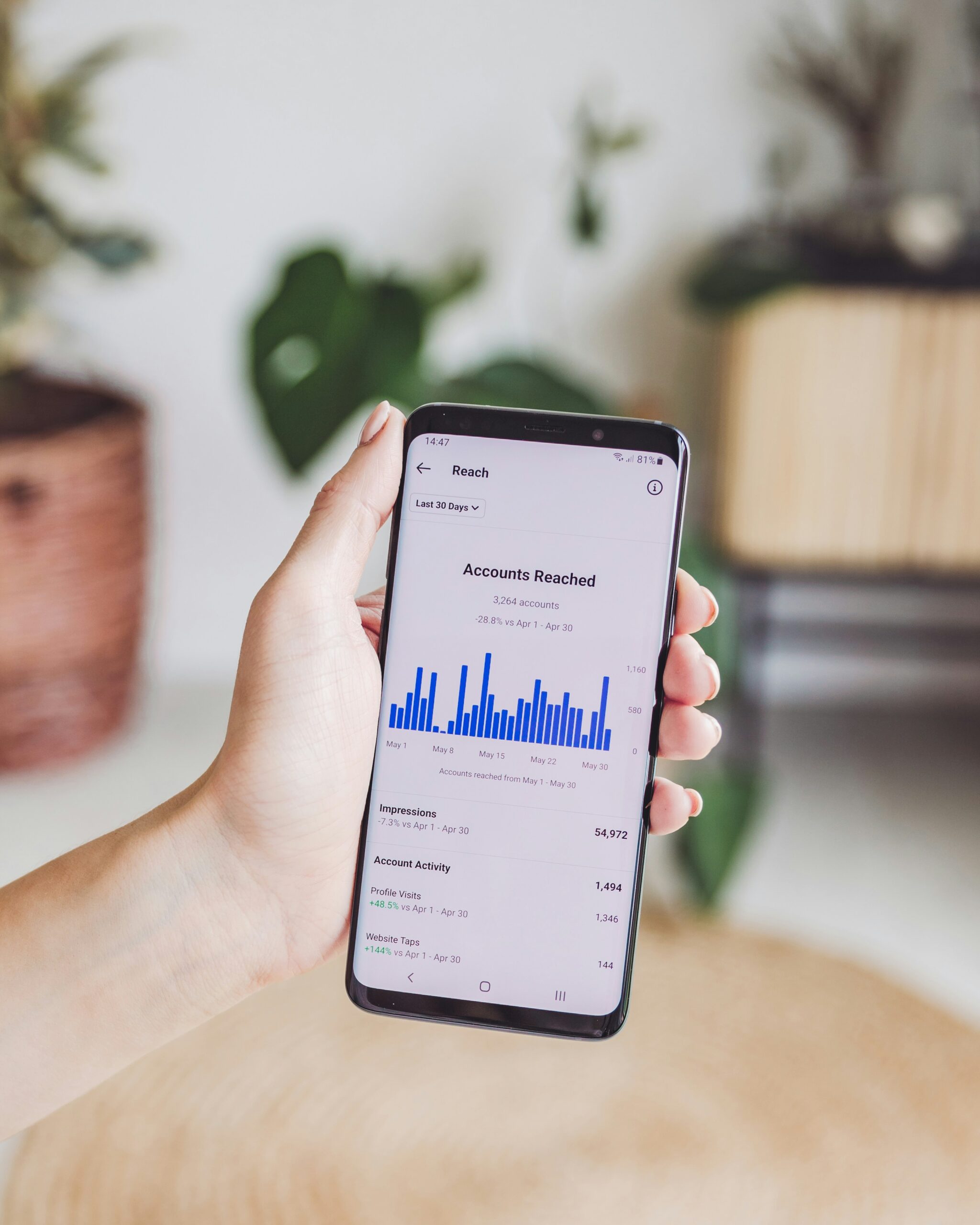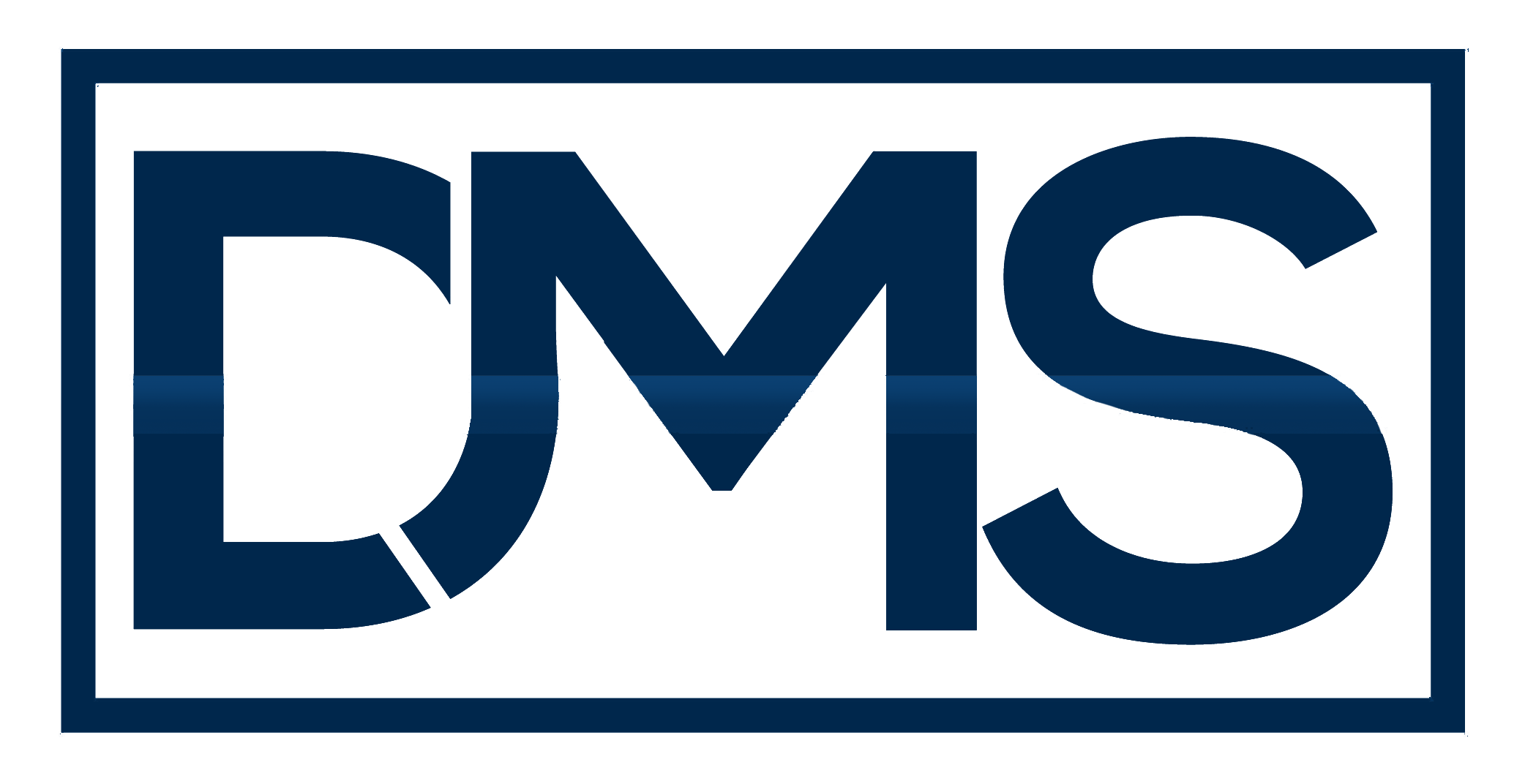Discover Effective PPC Management for Small Businesses
Small Business ROI: PPC vs Traditional Ads Dapper Market Solutions LLC

Small businesses face a pivotal choice when allocating limited marketing budgets: should they invest in pay-per-click (PPC) management or stick with traditional advertising channels? This comparison explores how PPC management for small businesses leverages targeted reach, real-time measurability, and budget control versus the broad-stroke impact, higher costs, and limited flexibility of print, TV, and radio ads. You’ll discover:
- What PPC management entails and its core advantages
- How legacy advertising forms work and where they fall short
- A direct cost, targeting, and ROI comparison
- Industry-specific PPC applications for healthcare, med spas, and senior living
- Lead-generation best practices and conversion strategies
- Common PPC misconceptions debunked
- Criteria to decide between PPC and traditional advertising, plus next steps to launch your campaign
By the end, you’ll see why strategic PPC often outperforms conventional ads—and how Dapper MS’s expert services can accelerate your small business growth.
What Is PPC Management and How Does It Benefit Small Businesses?
PPC management is a digital marketing service that plans, executes, and optimizes paid search and social campaigns to drive qualified traffic and leads. This service coordinates keyword research, bid strategies, ad creative, targeting parameters, and ongoing performance analysis to maximize return on ad spend. Efficient management ensures every dollar works toward reaching ready-to-buy prospects and fuels sustainable growth for small businesses.
What Does PPC Management Involve for Small Businesses?
Effective PPC management for small businesses combines:
- Comprehensive keyword analysis to align ads with buyer intent
- Bid and budget optimization across Google Ads, Microsoft Ads, Facebook Ads
- Ad copy testing and creative refinement to improve click-through rates
- Landing page recommendations for higher conversion rates
- Detailed reporting and adjustment cycles to maintain cost-efficiency
These coordinated tasks create a feedback loop that refines campaigns and sustains lead generation momentum.
What Are the Key Benefits of PPC for Small Businesses?
Small businesses gain four primary advantages from PPC campaigns:
- Targeted Reach – Ads appear to specific search queries or audience segments, ensuring relevance and reducing wasted impressions.
- Measurable ROI – Detailed metrics on clicks, conversions, and cost per acquisition allow precise performance tracking and budget reallocation.
- Budget Control – Daily or lifetime caps and bid adjustments let businesses scale spend up or down based on performance and seasonality.
- Speed of Results – Campaigns can launch within hours, generating traffic and leads far faster than waiting for print runs or broadcast schedules.
PPC Management Benefits
PPC management offers several advantages for small businesses, including targeted reach, measurable ROI, budget control, and speed of results. These benefits allow businesses to reach the right customers, track performance, manage spending, and see quick results.
This research supports the article’s claims about the advantages of PPC for small businesses.
Which PPC Platforms Are Best for Small Businesses?
Before choosing platforms, consider audience behavior, budget, and industry-specific goals. The table below outlines key PPC networks:
Each network offers unique targeting options and cost structures, and combining them can diversify lead sources and improve overall ROI.
How Does PPC Enable Precise Audience Targeting?
PPC campaigns refine audiences through multiple layers:
- Location – Zip code, radius targeting, or country-level bids
- Demographics – Age, gender, household income segmentation
- Interests & Behaviors – Online activity, affinities, purchase tendencies
- Search Keywords – Exact, phrase, and broad match types to align ads with intent
This granularity ensures ads reach the right prospects at the right moment, enhancing relevance and conversion rates.
What Is Traditional Advertising and What Are Its Limitations for Small Businesses?
Traditional advertising encompasses offline media channels that broadcast messages to a broad audience. While familiar and tangible, these methods often lack precise targeting and rapid measurement, challenging small businesses with limited budgets.
What Are Common Types of Traditional Advertising?
- Print Ads – Newspapers, magazines, direct mail brochures
- Broadcast Media – TV commercials and radio spots
- Out-of-Home – Billboards, transit shelters, posters
- Event Sponsorship – Local fairs, sports teams, community gatherings
Why Is Traditional Advertising Less Measurable and Flexible?
Offline ads trail digital campaigns in tracking: response rates depend on surveys, unique phone numbers, or coupon codes rather than real-time click-through data. Once a print run or broadcast schedule is locked in, adjusting creative or budget mid-campaign is impractical, leaving businesses unable to pivot quickly based on performance insights.
Traditional Advertising Limitations
Traditional advertising methods often lack the precise targeting and rapid measurement capabilities of digital campaigns. This can make it difficult for small businesses to assess the effectiveness of their campaigns and adjust their strategies accordingly.
This research provides context for the article’s discussion of the limitations of traditional advertising.
How Do Costs of Traditional Advertising Impact Small Business Budgets?
Traditional media often requires:
- High Upfront Investment – Production, design, airtime, or print placement fees
- Long-Term Commitments – Multi-week schedules or magazine ad agreements
- Uncertain Return – Indirect attribution models inflate perceived ROI risk
How Does PPC Compare Directly to Traditional Advertising for Small Businesses?
A side-by-side look highlights why PPC frequently outperforms legacy channels for budget-conscious enterprises.
What Are the Differences in Cost, Targeting, and ROI Between PPC and Traditional Ads?
Below is a comparative analysis:
How Quickly Can Small Businesses See Results from PPC vs Traditional Advertising?
PPC campaigns can attract traffic and leads within hours of launch, whereas print ads require production lead times and TV/radio spots depend on scheduled airtime. Fast turnarounds in PPC enable iterative A/B testing and rapid scaling, yielding prompt insight into what drives conversions.
Why Is PPC Often More Cost-Effective for Small Businesses?
PPC’s cost efficiency stems from:
- Pay-for-Performance – You incur costs only when users click or convert
- Bid Optimization – Automated bid adjustments lower average acquisition costs
- Budget Caps – Avoid runaway spending with daily or campaign-level limits
When Might Traditional Advertising Still Be Effective for Small Businesses?
Despite digital dominance, offline channels can shine when:
- Local Brand Building – Community events, local radio, and direct mail reinforce regional presence.
- Tangibility & Trust – Physical brochures or billboards can evoke credibility among older demographics.
- Complementary Campaigns – Combined with digital ads, print or broadcast can amplify reach and recall.
How Does PPC Management Serve Specific Small Business Industries?
Tailoring PPC tactics to industry nuances maximizes lead quality and compliance adherence for specialized sectors.
What Are Unique PPC Considerations for Healthcare Small Businesses?
Healthcare PPC campaigns must:
- Ensure HIPAA compliance in ad copy and landing pages
- Focus on patient acquisition funnels with appropriate medical disclaimers
- Leverage location and specialty targeting (e.g., dental, dermatology)
- Build trust through patient reviews and accreditation mentions
How Can Med Spas Use PPC to Attract and Convert Clients?
Med spas benefit from PPC by:
- Highlighting before-and-after galleries in ad creatives
- Targeting local zip codes and high-income demographics
- Offering limited-time treatment packages with clear calls to action
- Retargeting website visitors with tailored aesthetic service ads
What PPC Strategies Work Best for Senior Living Communities?
Senior living PPC campaigns should prioritize:
- Family decision-maker targeting through demographic filters
- Educational content about care levels and facility features
- Lead-capture via downloadable guides or virtual tour sign-ups
- Trust signals such as accreditation badges and resident testimonials
How Can Small Businesses Maximize Lead Generation and Conversion with PPC?
Beyond launching ads, optimizing the conversion pathway is critical to turning clicks into clients.
What Are Best Practices for Landing Page Optimization in PPC Campaigns?
High-performing landing pages share these characteristics:
- Clear headline that mirrors ad copy and intent
- Single, focused call to action with minimal distractions
- Engaging visuals and concise benefit statements
- Trust elements such as reviews, certifications, or guarantees
How Should Small Businesses Track PPC Performance and ROI?
Robust tracking combines:
- Google Analytics and platform conversion pixels
- UTM parameters to attribute traffic sources accurately
- Cost-per-acquisition and lifetime value calculations
- Regular performance audits to reallocate budgets to top-performing segments
How Does Dapper MS Help Small Businesses Convert PPC Leads into Clients?
Dapper MS offers specialized PPC management for small businesses by:
- Crafting industry-compliant campaigns for healthcare, med spas, and senior living
- Designing optimized landing pages that align with ad messaging
- Implementing end-to-end tracking to demonstrate clear ROI
- Providing ongoing campaign refinement and transparent reporting
What Are Common Misconceptions About PPC for Small Businesses?
Many owners hesitate to adopt PPC due to myths that often don’t reflect reality.
Is PPC Too Expensive for Small Business Advertising Budgets?
PPC campaigns can start with modest daily budgets and scale based on performance. By setting strict budget caps, small businesses avoid overspend and invest only in keywords and audience segments that deliver results, making PPC accessible for virtually any marketing budget.
Is PPC Too Complex for Small Business Owners to Manage?
Automated bidding tools, intuitive dashboards, and expert agency support simplify PPC management. Partnering with a specialized provider like Dapper MS alleviates technical overhead, ensures best-practice implementation, and frees you to focus on core operations.
Does PPC Deliver Sustainable Long-Term Results Compared to Traditional Advertising?
While traditional ads fade once a campaign ends, PPC campaigns accumulate data and optimizations that compound over time. Continual refinement, audience retargeting, and strategic budget shifts sustain lead flow and maintain performance, creating a long-term growth engine.
How Can Small Businesses Choose Between PPC Management and Traditional Advertising?
Deciding which channel to prioritize depends on goals, budgets, and audience preferences.
What Factors Should Influence Advertising Method Choice?
Select your approach by evaluating:
- Business Objectives – Immediate lead generation vs. broad brand awareness
- Budget Flexibility – Variable digital spend vs. fixed production costs
- Target Audience Behavior – Online search habits vs. local media consumption
- Measurability Needs – Demand for real-time analytics vs. indirect performance estimates
How to Evaluate ROI and Effectiveness of PPC vs Traditional Ads?
Effective evaluation hinges on:
- Consistent Metrics – Compare cost per lead, conversion rate, and customer lifetime value across channels
- Attribution Models – Use multi-touch attribution to capture cross-channel influences
- Time Horizons – Balance short-term digital wins with longer-term brand lift from offline ads
What Are the Next Steps to Start a PPC Campaign for Your Small Business?
To launch a tailored PPC strategy:
- Define clear goals and target audience segments.
- Conduct keyword and competitor research to shape campaign structure.
- Develop compelling ad creative and optimized landing pages.
- Set budgets, bidding strategies, and conversion tracking.
- Partner with a professional agency like Dapper MS to manage, monitor, and scale your campaigns.
Small businesses gain a decisive advantage by leveraging PPC management’s precision, measurability, and cost control over traditional advertising’s broad but inflexible reach. Tailored campaigns across Google Ads, Microsoft Ads, and Facebook Ads can deliver targeted leads quickly, while optimized landing pages and data-driven refinements sustain growth. Dapper MS combines industry-specific expertise for healthcare, med spa, and senior living sectors with transparent reporting and performance optimization to turn PPC investments into reliable pipelines. Reach out today to request a free PPC audit and discover how strategic paid search can accelerate your small business success.
Frequently Asked Questions
What is the typical budget range for small businesses starting PPC campaigns?
The budget for PPC campaigns can vary widely based on industry, competition, and goals. Small businesses can start with as little as $5 to $10 per day on platforms like Google Ads or Facebook Ads. It’s essential to set a budget that aligns with your marketing objectives and allows for testing and optimization. As you gather data and see results, you can adjust your budget to scale successful campaigns effectively.
How can small businesses ensure compliance with advertising regulations in PPC?
Compliance in PPC advertising is crucial, especially for regulated industries like healthcare. Small businesses should familiarize themselves with the advertising policies of each platform, such as Google Ads’ healthcare and medicines policy. Additionally, they should ensure that ad content is truthful, does not make misleading claims, and adheres to local laws. Consulting with legal experts or industry professionals can also help navigate compliance issues effectively.
What role does A/B testing play in PPC campaigns for small businesses?
A/B testing is a vital strategy in PPC campaigns, allowing small businesses to compare different ad variations to determine which performs better. By testing elements such as headlines, images, and calls to action, businesses can gain insights into what resonates with their audience. This data-driven approach helps optimize ad performance, improve click-through rates, and ultimately increase conversions, making it an essential practice for maximizing ROI.
How can small businesses leverage retargeting in their PPC strategies?
Retargeting is a powerful tool for small businesses to re-engage users who have previously interacted with their website or ads. By displaying tailored ads to these users across various platforms, businesses can remind them of their products or services, increasing the likelihood of conversion. Setting up retargeting campaigns involves creating custom audiences based on user behavior and crafting compelling ads that encourage return visits and purchases.
What are some common mistakes small businesses make in PPC advertising?
Common mistakes in PPC advertising include not conducting thorough keyword research, neglecting to optimize landing pages, and failing to track performance metrics. Additionally, many small businesses set unrealistic budgets or target overly broad audiences, leading to wasted ad spend. To avoid these pitfalls, it’s crucial to develop a well-structured campaign, continuously monitor performance, and make data-driven adjustments to improve results.
How can small businesses measure the success of their PPC campaigns?
Measuring the success of PPC campaigns involves tracking key performance indicators (KPIs) such as click-through rates (CTR), conversion rates, and return on ad spend (ROAS). Utilizing tools like Google Analytics and platform-specific reporting features can provide insights into user behavior and campaign effectiveness. Regularly reviewing these metrics allows businesses to identify areas for improvement and make informed decisions to enhance their advertising strategies.
Conclusion
Small businesses can significantly enhance their marketing effectiveness by choosing PPC management over traditional advertising, thanks to its targeted reach, measurable ROI, and budget control. This strategic approach not only accelerates lead generation but also allows for real-time adjustments to optimize performance. By leveraging the expertise of Dapper MS, businesses can transform their PPC investments into sustainable growth. Contact us today to request a free PPC audit and unlock the full potential of your advertising strategy.

